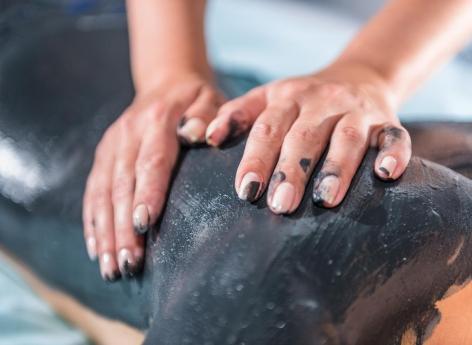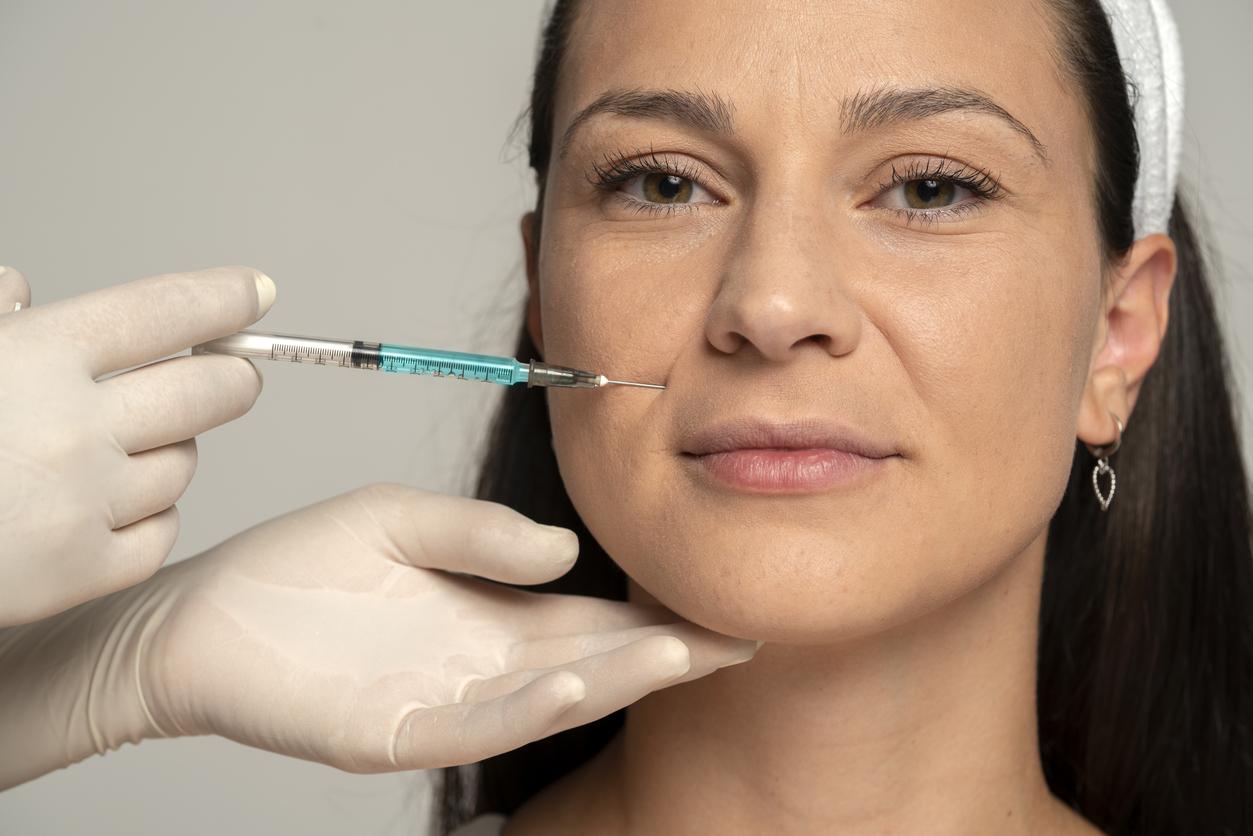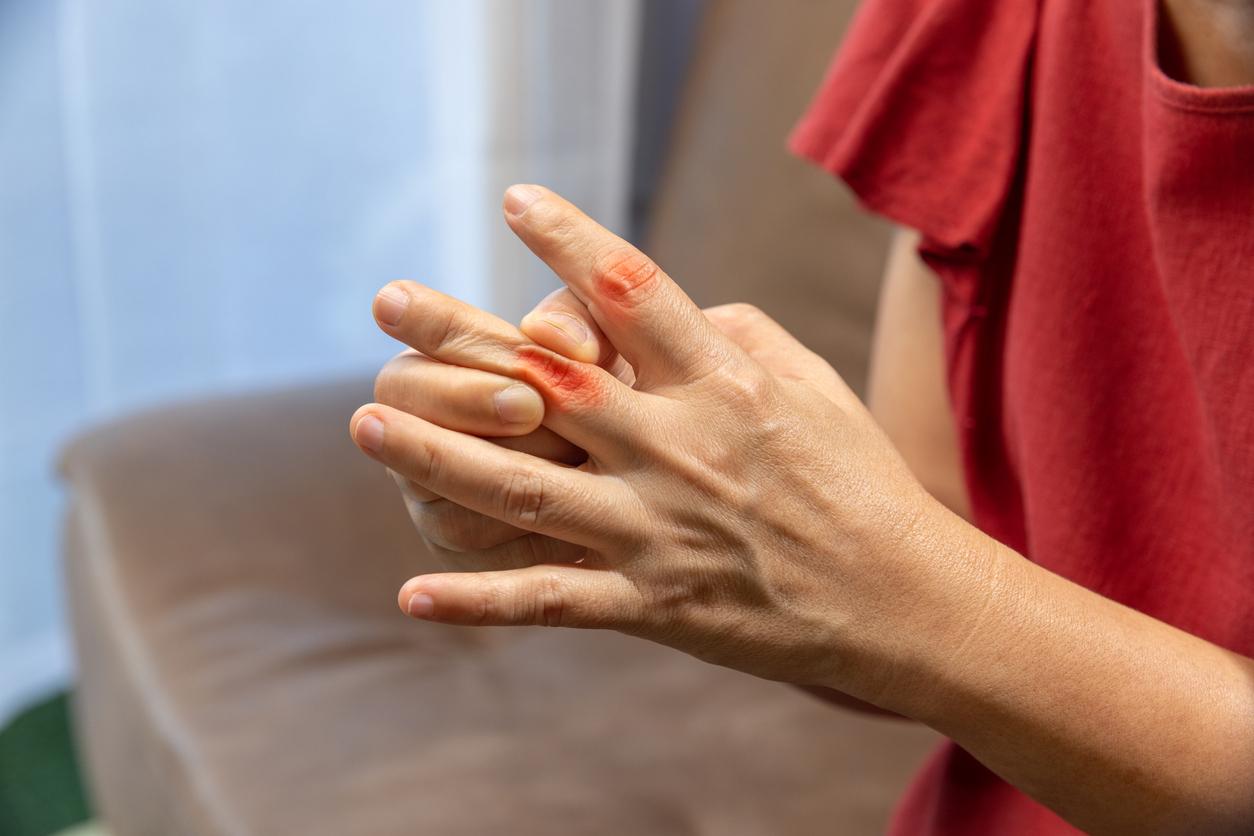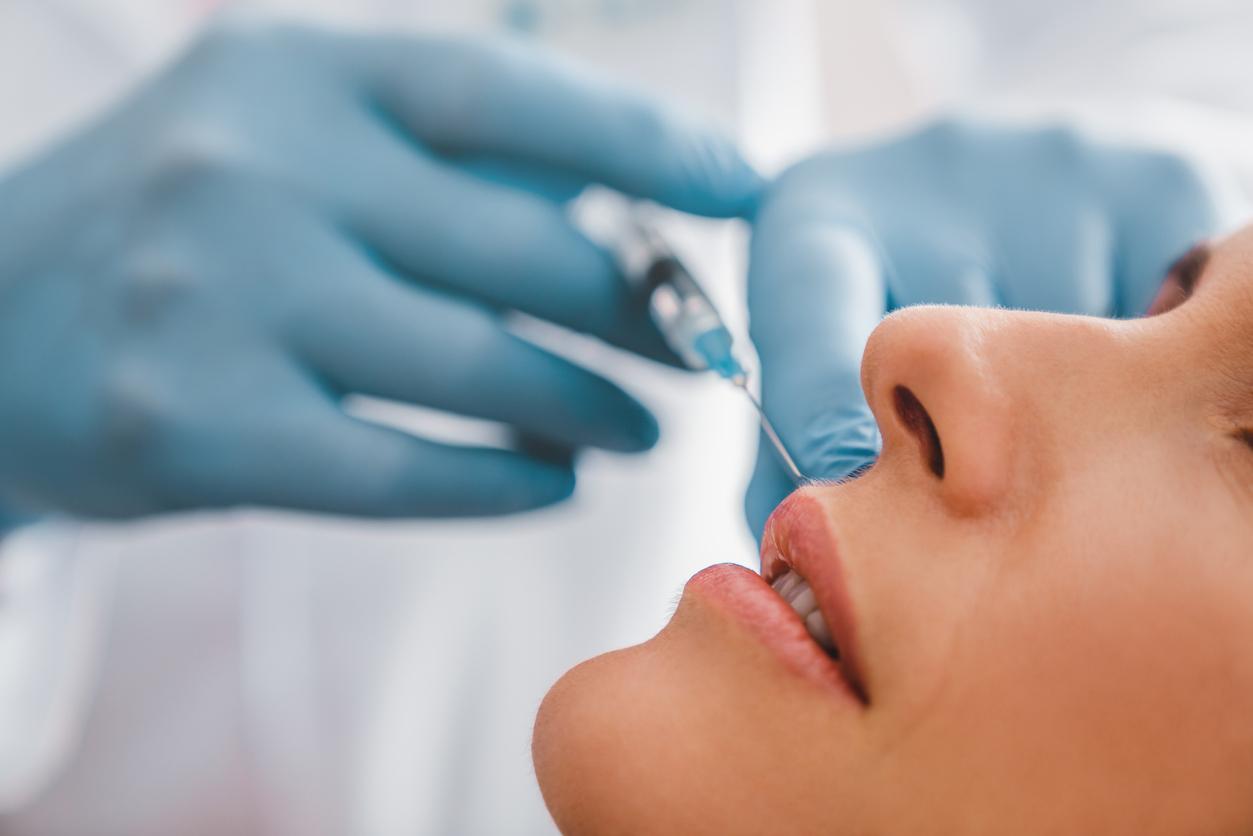The National Syndicate of Rheumatologists (SNMR) is calling for a review of the de-reimbursement of hyaluronic acid in osteoarthritis of the knee.
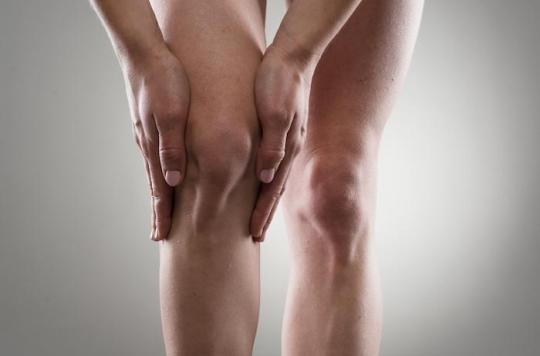
Since the 1er June, intra-articular injections of hyaluronic acid are no longer reimbursed by Health Insurance. A decision taken under the governance of Marisol Touraine, following an opinion from the Committee for the evaluation of medical devices, which had downgraded the actual service note of the technique, used for knee osteoarthritis (osteoarthritis of the knee).
An “ubiquitous” situation for Dr. Éric Senbel, President of the National Union of Rheumatologists (SNMR), who, in a letter addressed to the new Minister of Health, asks for a “overhaul of the file, with an updated analysis of epidemiological data and literature ”.
Absurdity of the statutes
Rheumatologists indeed dispute the degradation of the technique which, for them, presents an interesting benefit / risk ratio. It is at least as effective as non-steroidal anti-inflammatory drugs (aspirin, ibuprofen) or paracetamol, and give as good results as corticosteroid infiltrations, reserved for inflammatory outbreaks.
They also denounce the absurdity of the different statuses of hyaluronic acids. Several products have the status of a medical device. These are the ones that have been completely delisted. Another, the Hyalgan, benefits from the title of drug. It is still reimbursed to the tune of 15%, but the remainder to be borne by the patients remains significant, because it is not often reimbursed by the complementary.
“This is very bad news for the doctors called on to medically manage osteoarthritis of the knee and the patients for whom these injections represented a therapeutic option allowing them to stay several months, even several years, without suffering and without needing to see the surgeon ”, explained to Why actor Dr Emmanuel Maheu, rheumatologist at Saint-Antoine hospital (Paris), when the delisting was announced last April.
Miscalculation
Doctors, as well as patient associations, do not deny the modest effectiveness of visco-supplementation with hyaluronic acid. They nevertheless believe that it is sufficient to postpone the fitting of knee prostheses. De-reimbursing these drugs would therefore be a miscalculation. Both from a therapeutic point of view, but also from an economic point of view.
Health insurance, which saves 68 million euros per year in the first instance, could lose much more. The prosthesis costing between 7,000 and 13,000 euros, against only 120 euros for the injection, the bill could rise to 800 million euros per year.
Each year, 700,000 injections of hyaluronic acid are performed, as a second-line treatment after the failure of anti-inflammatory drugs and analgesics. It lubricates the knee, and thus improves mobility, and therefore limits pain. Their delisting leaves patients with little recourse, between NSAIDs and paracetamol which have proved to be ineffective, opioids and their side effects, and knee replacement.
.










